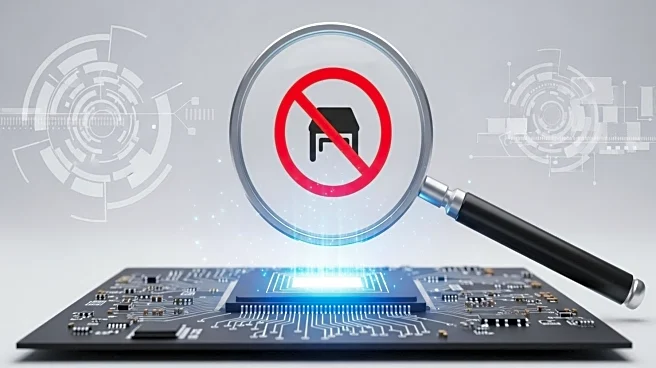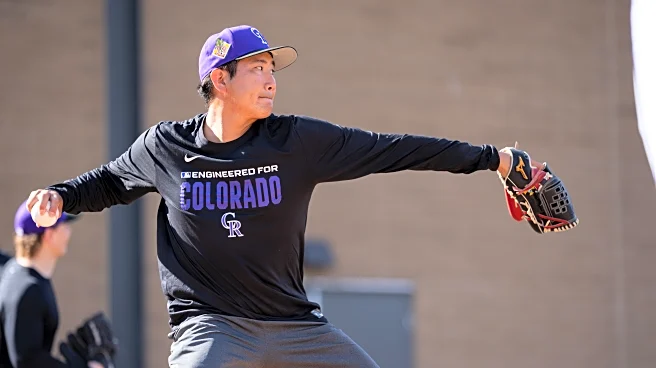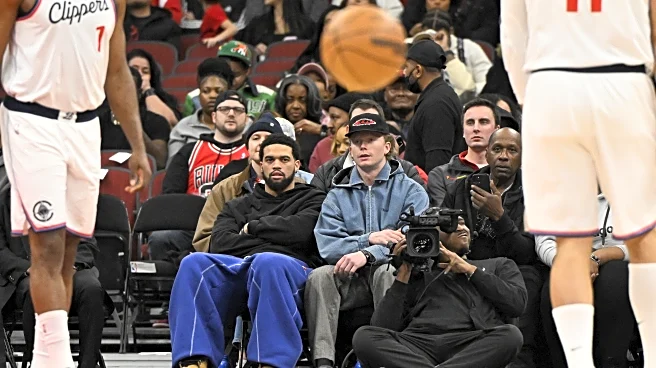What's Happening?
The 9th U.S. Circuit Court of Appeals has ruled that ordinary web-tracking practices, such as session-replay scripts and pixels, do not constitute 'highly offensive' conduct necessary for privacy violation claims. In the case of Popa v. Microsoft Corporation, the court determined that the collection of website-interaction data alone does not establish the 'concrete harm' required for Article III standing. This decision provides companies with a defense against privacy lawsuits based on routine web-tracking, potentially reducing the threat of costly discovery and nuisance-value settlements.
Why It's Important?
This ruling is significant for businesses that use web-tracking technologies, as it narrows the scope of viable privacy claims. Companies can now seek dismissal of claims based solely on passive data collection, disrupting the strategy of plaintiffs who rely on the threat of expensive discovery to secure settlements. The decision may lead to fewer privacy lawsuits, allowing businesses to continue using analytics tools without the fear of litigation, thereby impacting the digital marketing and analytics industries.
What's Next?
Businesses may adjust their legal strategies to leverage this ruling, potentially leading to a decrease in privacy-related lawsuits. Companies might also review their web-tracking practices to ensure compliance with the court's standards. Legal experts anticipate that this decision will influence future privacy litigation, prompting plaintiffs to focus on more substantial claims involving invasive or private information.









